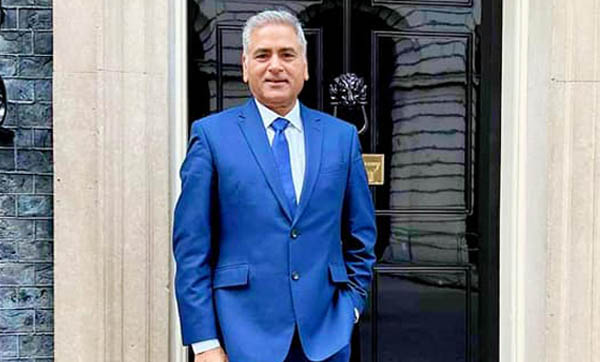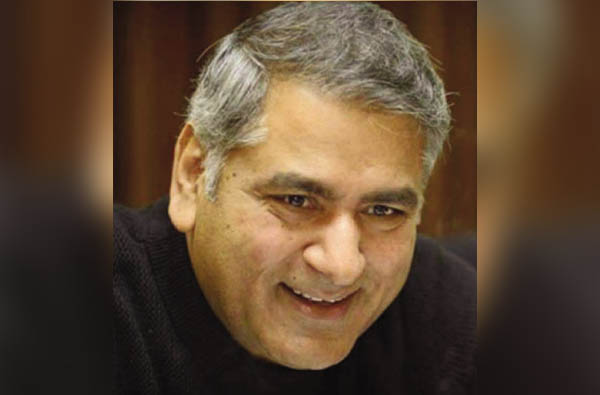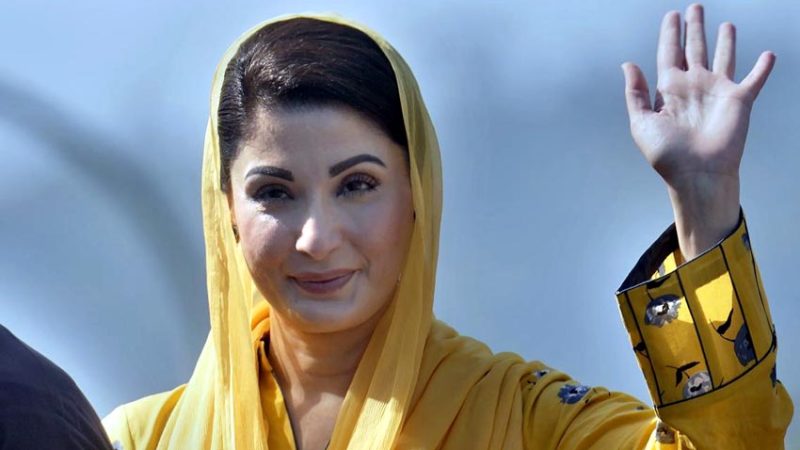Unresolved Challenges: A Look at India-Pakistan Disputes

By Dr Ashraf Chohan
Chief Editor Daily Rapid Lahore
Co- Chairman India Uk Pakistan Friendship Forum
In today’s discussion, we delve into the complex issues that have shaped relations between India and Pakistan, two nations born out of Partition in 1947. Over the past 75 years, these disputes have deepened, fueled by a mix of historical grievances, geopolitical tensions, and mutual mistrust.
A Legacy of Conflict:
Wars, despite their devastating toll, have rarely resolved disputes between India and Pakistan. Instead, they have often exacerbated the problems, complicating the path to peace. From the first war over Kashmir in 1947-48 to the Kargil conflict in 1999, military engagements have overshadowed opportunities for dialogue.
The Need for Dialogue:
History has shown that peaceful dialogue, though challenging, offers a more sustainable path to resolving these disputes. Instances like the Simla Agreement of 1972 and the Lahore Declaration of 1999 demonstrate that progress is possible when both sides commit to diplomacy. However, such efforts have often been derailed by mistrust, domestic political pressures, or fresh provocations.
A Way Forward:
For these two nuclear-armed neighbors, the stakes are higher than ever. Addressing long-standing disputes requires not only dialogue but also a willingness to compromise, a difficult but necessary step to ensure peace and prosperity for future generations. This structure incorporates your thoughts on the failure of wars to resolve issues and the need India and Pakistan have a long history of disputes, primarily rooted in territorial, political, and religious differences.
Some of the major issues include:
1. Kashmir Conflict • Core Issue: Both countries claim the entire region of Jammu and Kashmir, but control only parts of it. India administers Jammu, Kashmir, and Ladakh, while Pakistan administers Azad Jammu and Kashmir and Gilgit-Baltistan. The dispute has led to multiple wars and ongoing tensions. • Recent Developments: India’s revocation of Article 370 in 2019, which granted Jammu and Kashmir special status, further escalated tensions.
2. Siachen Glacier • Core Issue: The world’s highest battlefield is disputed as both countries claim sovereignty over the region. Military standoffs here have caused significant loss of life and resources.
3. Sir Creek Dispute • Core Issue: A disagreement over the demarcation of the maritime boundary in the Rann of Kutch region. This affects fishing rights and potential energy resources.
4. Water Disputes • Core Issue: Disagreements over the usage of shared rivers under the Indus Waters Treaty (1960). Pakistan accuses India of building dams and projects that reduce water flow to Pakistan.
5. Terrorism and Cross-Border Militancy • Core Issue: India accuses Pakistan of supporting militant groups operating in Jammu and Kashmir and other parts of India. Pakistan denies these allegations and highlights India’s actions in Kashmir as human rights violations.
6. Trade and Economic Barriers • Core Issue: Despite geographical proximity, trade relations remain minimal due to political and security concerns. Periodic suspensions of trade reflect worsening relations.
7. Cultural and Historical Narratives • Core Issue: Differing interpretations of history, including the events surrounding Partition in 1947, contribute to animosity.
8. Cross-Border Shelling • Core Issue: Frequent violations of the Line of Control (LoC) result in civilian and military casualties, worsening relations.
9. Terror Attacks • Core Issue: High-profile attacks, such as the 2001 Indian Parliament attack, the 2008 Mumbai attacks, and the 2019 Pulwama attack, have been linked to Pakistan-based groups, fueling hostilities.
10. Balochistan Allegations • Core Issue: Pakistan accuses India of supporting separatist movements in Balochistan, a charge India denies.
Resolving these disputes remains a challenge due to deep-rooted mistrust, domestic political pressures, and divergent national interests.







